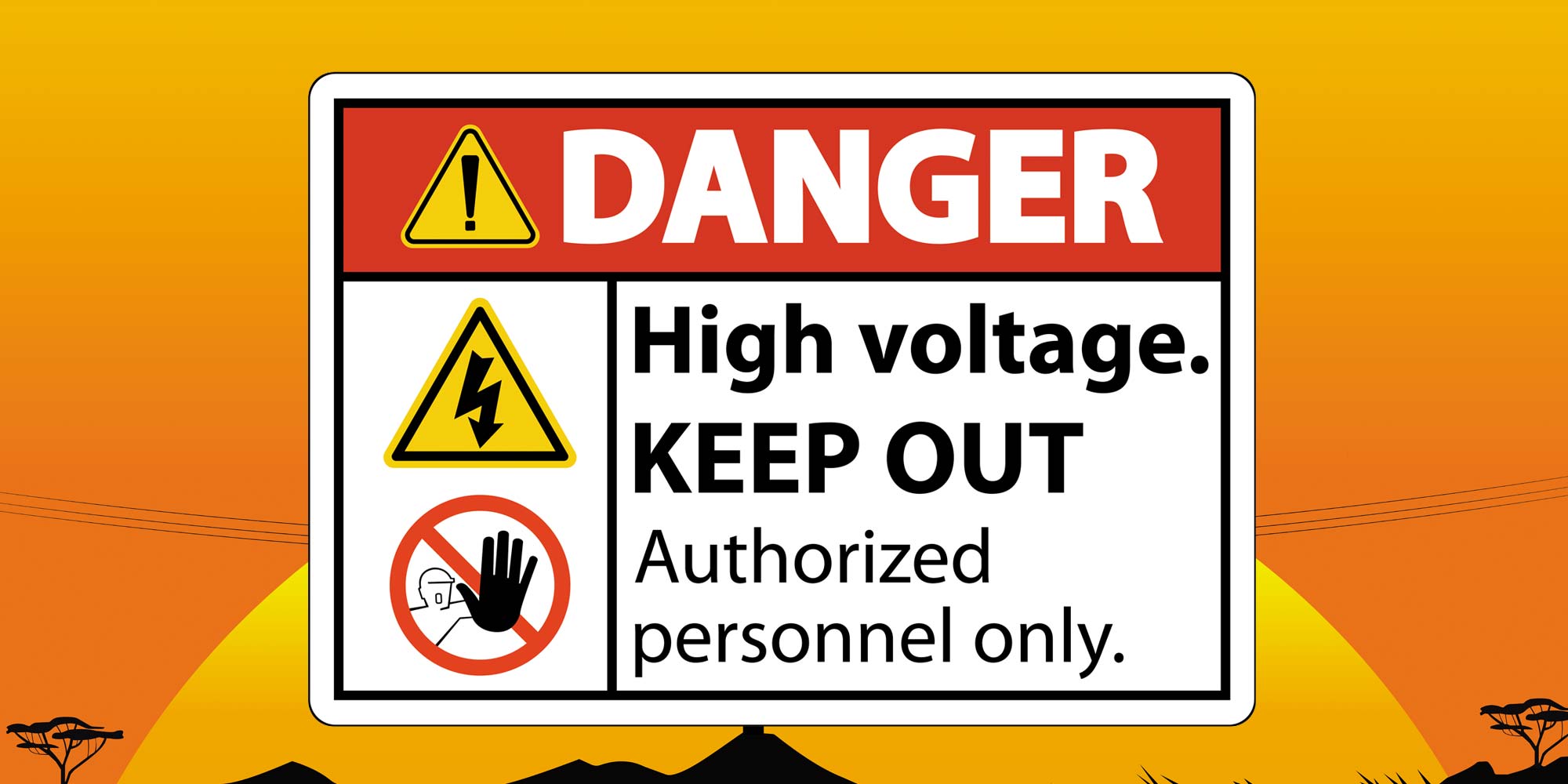When it comes to maintaining a safe home environment, electrical safety is paramount. From preventing fires to avoiding electrical shocks, ensuring your electrical system is in top condition is crucial for the well-being of your family and the protection of your property. In this comprehensive guide, we’ll cover the top 10 electrical safety tips every homeowner should know.
1. Schedule Regular Electrical Inspections
Regular inspections by a qualified electrician are essential for identifying potential hazards before they escalate into serious issues. A thorough inspection can uncover faulty wiring, overloaded circuits, and other safety concerns that may not be immediately apparent to the untrained eye.
2. Install Ground Fault Circuit Interrupters (GFCIs)
GFCIs are designed to protect against electric shock by shutting off power when they detect a ground fault or imbalance in the electrical current. Install GFCIs in areas where water is present, such as kitchens, bathrooms, and outdoor outlets, to minimize the risk of electrical accidents.
3. Avoid Overloading Outlets
Plugging too many devices into a single outlet can overload the circuit and increase the risk of electrical fires. Be mindful of how many appliances and electronics you’re using in each room, and use power strips or surge protectors to distribute the load safely.
4. Use Tamper-Resistant Outlets
Tamper-resistant outlets feature built-in shutters that prevent children from inserting objects into them, reducing the risk of electrical shock and injury. Upgrade to tamper-resistant outlets throughout your home to protect curious little ones from potential hazards.
5. Practice Safe Extension Cord Use
Extension cords are handy for powering devices in hard-to-reach areas, but they should be used responsibly. Avoid running extension cords under carpets or rugs, as this can cause them to overheat and pose a fire hazard. Instead, opt for extension cords rated for the intended use and length needed.

6. Keep Electrical Cords Away from Water
Water and electricity don’t mix, so it’s crucial to keep electrical cords and appliances away from water sources at all times. Never handle electrical devices with wet hands, and be cautious when using electronics near sinks, bathtubs, or outdoor areas with pools or sprinklers.
7. Replace Damaged Cords and Outlets Promptly
Damaged cords and outlets pose a significant safety risk and should be replaced as soon as possible. Frayed wires, exposed conductors, and cracked outlets can all increase the likelihood of electrical fires and should be addressed by a qualified electrician immediately.
8. Install Smoke Alarms
Smoke alarms are essential for early warning in the event of a fire or gas leak. Install these life-saving devices on every level of your home, including inside and outside bedrooms, and test them regularly to ensure they’re functioning correctly.
9. Educate Your Family about Electrical Safety
Ensuring everyone in your household understands basic electrical safety practices is key to preventing accidents and injuries. Teach your family members how to recognize potential hazards, what to do in case of an emergency, and how to use electrical devices safely.
10. Know When to Call a Professional
While DIY projects can be satisfying, some electrical safety are best left to the professionals. If you encounter any issues with your electrical system that you’re unsure how to handle, don’t hesitate to call a licensed electrician for assistance.
In conclusion, prioritizing electrical safety in your home is essential for protecting your loved ones and your property. By following these 10 tips and staying vigilant about potential hazards, you can enjoy peace of mind knowing that your home is a safe and secure environment for everyone.
